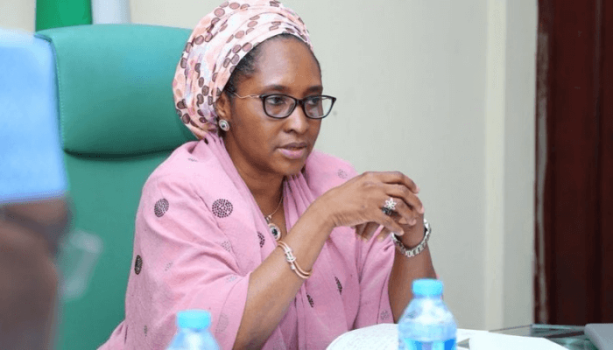By Tony Obiechina, Abuja
The federal government says over $1.88 billion (N869 billion) is needed to conduct the 2023 population and housing census, Minister of State for Finance Budget and National Planning, Prince Clem Agba has disclosed.
Speaking at a high-level partner engagement in Abuja on Monday, the Minister said the federal government has provided 46 percent of the funding budget.
Agba said there still remains an outstanding of N327.2 billion needed to carry out the census effectively.
“The total requirements for this census, including the post-census activities, is N869 billion, this is about 1.88 billion US dollars,” he said.
“When you hear the numbers, they really look very huge. Censuses all over the world, the average is between four to six dollars. However, in the United States, they spend $16 per person. In Botswana, they spend about $10 per person. So Nigeria’s $6 per person, you’ll agree with me, is very reasonable.
“So far, the government has spent 291.5 billion naira which is $632 million. This is about 46 percent of the requirement for the census. I know this time around we’re not just doing only the population census, we’re also doing a housing census.
“So the additional requirements for the critical items to ensure the census is done is 327.2 billion naira. This is about 709.9 million US dollars.”
The Minister explained that the government has not conducted a census in almost two decades due to the change in administration, recession, and COVID-19, among others.
He said the census would be digital, green, and transformative, adding that beyond insecurity and cultural issues, funding remains a major challenge for the exercise.
He said the government needs support from the public both “in cash and kind”, to among other things purchase tablets for enumerators, internet and data connectivity as well as conduct training.
In her remarks, the Minister of Finance Budget and National Planning, Mrs Zainab Ahmed said the conduct of census has become imperative after almost two decades since the last one was held in 2006.
Ahmed said it would help the nation in its planning for development and provide accurate data for different sectors and also for investment.
“As you may be aware, this month, the month of March marks exactly 17 years since the last national census was conducted in Nigeria, in 2006,” she said.
“By United Nations standards, population and housing censuses are to be conducted every 10 years. The set period allows the government to correctly capture changes in the population, the age structure, and the movement of the population for alignment of public policy, and also for investment decisions and making laws.
“Almost two decades on, it has become imperative and urgent for Nigeria to conduct another census as clearly spelt out in our national development plan of 2021 to 2025.”
The finance minister said the government would collaborate with relevant organisations and the United Nations Population Fund (UNFPA) to carry out a national census that reflects Nigeria’s population.
She said the exercise would employ extensive use of digital technology for credible, reliable, and acceptable outcomes.
Also speaking, Ulla Mueller, UNFPA resident representative, said that population growth is not a challenge because it can provide opportunities.
He said there would likely be 450 million people in Nigeria by 2050, adding that the country can choose “to be 450 million strong and understand the possibilities and opportunities a well-educated and well-mannered population offers to this country. Or we can choose to be 450 million blind and make decisions based in the dark”.
Matthias Schmale, United Nations resident and humanitarian coordinator, said the achievement of the sustainable development goals (SDGs) is dependent on the availability of population size growth because it plays a vital role in producing official statistics for measuring indicators.
He called on public and private sector stakeholders to support the exercise, adding that the support for the collection of data must become a social corporate responsibility because it will help with evidence-based policies.


